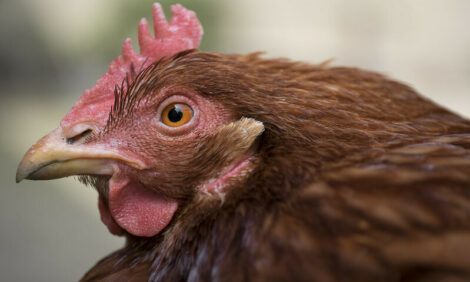



NZFSA's Campylobacter Strategy Progresses Well
NEW ZEALAND - NZFSA's Campylobacter strategy progresses well The New Zealand Food Safety Authority's strategy to tackle New Zealand's unacceptably high levels of human campylobacteriosis is progressing well: several areas of research and monitoring work are now well underway.NZFSA has adopted a whole-of-food-chain approach to fighting the disease. All of the processes and procedures in place at each stage between rearing and eating poultry are under close scrutiny, with assistance from industry.
"We want to produce the greatest reductions in bacteria numbers as early as possible in the food chain (that is, as close to the farm as is practical and effective), and make further reductions at as many other points as practical and effective," says Executive Director Andrew McKenzie.
"Working with the poultry industry, we have now established a data collection process that helps monitor the prevalence of Campylobacter in flocks and on carcasses.
"The data will help identify seasonal, geographic and demographic factors that may impact on flock prevalence; poor performing sheds and farms; opportunities for continuous improvement (ie: reduction) in flock prevalence and in the number of birds in a flock that may be infected.
"We want to produce the greatest reductions in bacteria numbers as early as possible in the food chain"
"The analysis will aid in-depth investigation of the precise circumstances that led to the cause of the foodborne illness, such as cross-contamination or under-cooking."
Labelling is one of the key options being considered. The strategy is in line with what's being done internationally to address Campylobacter in poultry. It is also pragmatic and recognises that, because Campylobacter is a natural part of the gut bacteria of poultry it is unlikely to be completely eliminated. For this reason, consumer information will always be a key element of poultry food safety, just as it is with many other foods.
Industry-led trials of Campylobacter decontamination processes in a poultry processing premises have been delayed until later in the year because of a fire at the original site.
"We are now talking to various poultry companies to look at other intervention options being trialled and have called for data to be submitted for consideration," says DrMcKenzie. "We are also seeking alternative ways of getting valid data should further delays eventuate."
More information on this story can be found at, $735,000 grant to help fund Campylobacter research
- or to read up on Campolobacter, click here.








